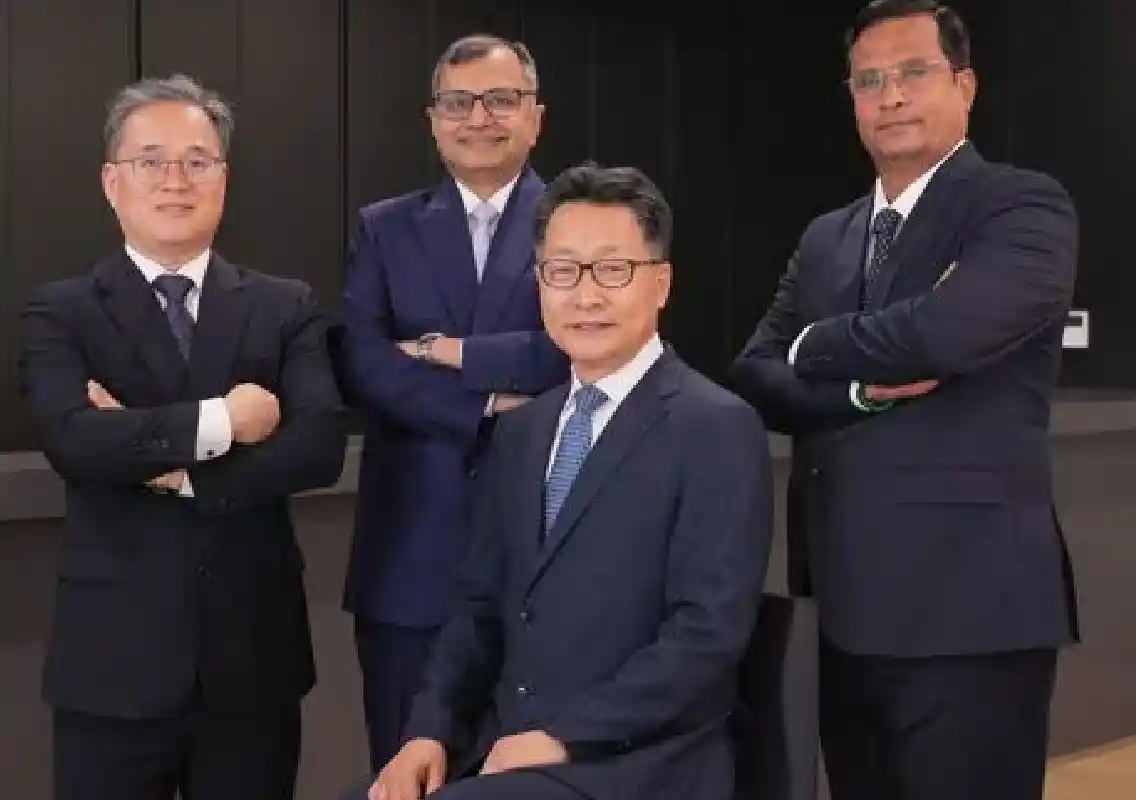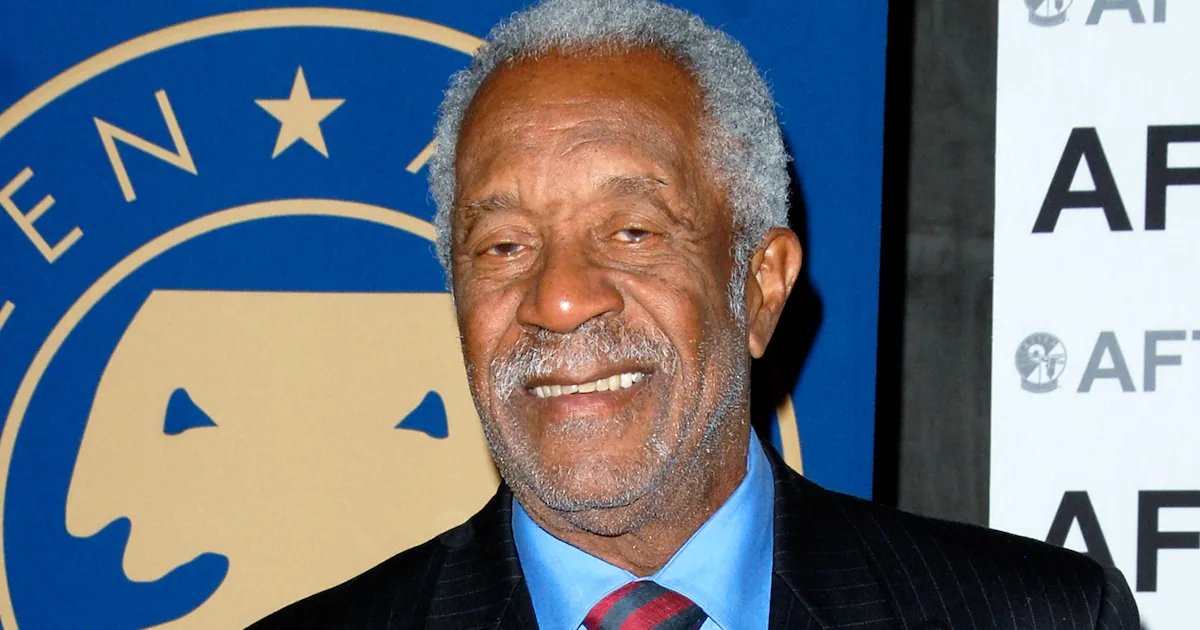Copyright newskarnataka

Hyundai Motor India has announced a major strategic shift as it aims to transform its presence from being seen as a Korean automobile manufacturer operating in India to a brand that is rooted, led and developed within the country. The company says it now wants to be perceived as “homegrown” — in spirit, operations, leadership and long-term investment. Hyundai has been in India for more than 25 years, building models that have become household names such as Santro, i10, Verna and Creta. Over the years, the brand secured a powerful position as India’s second-largest passenger vehicle manufacturer. However, the landscape has changed rapidly with domestic automakers like Tata Motors and Mahindra gaining strong momentum, especially in the SUV and electric vehicle segments. This shift has pushed Hyundai to redefine its strategic identity. Leadership moves signal localisation In a significant move that underlines this transition, Hyundai is appointing its first Indian head for its India operations. Tarun Garg will be stepping into the role, marking the beginning of what Hyundai calls its “Indian era”. Company officials note that local leadership is critical in understanding market sentiment, customer aspirations, and cultural nuances that shape purchasing decisions. Outgoing CEO Unsoo Kim highlighted that India is no longer just a key market, but a strategic pillar in Hyundai’s global plans. The localisation push, he said, is aimed at building a deeper emotional and economic connect with Indian consumers. Investments to strengthen Indian identity Hyundai has committed to investing nearly ₹45,000 crore over the next few years. This funding will support: Expansion of manufacturing capacity Development of locally focused vehicle platforms Acceleration of electric and hybrid vehicle production Strengthening of supplier and component ecosystems Skill and technology development programmes within India With these efforts, Hyundai intends to position itself not just as an automaker in India, but as a contributor to the country’s industrial growth story. 26 new models, built for Indian conditions The company is set to launch 26 new models, many of which will be tailored for Indian driving styles, road conditions and lifestyle needs. Industry analysts say Hyundai now intends to design cars keeping Indian buyers’ priorities at the core — affordability, durability, mileage, comfort and style — rather than adapting international models for India as it did earlier. Hyundai is also doubling down on the compact SUV and premium hatchback space, where competition has intensified. Additionally, it is preparing to expand its presence in the electric mobility segment, where Tata currently leads. The company says it will focus on charging infrastructure partnerships and accessible EV models. Why this shift matters now The Indian consumer is experiencing a shift in brand loyalty — and increasingly chooses brands that feel rooted in India. With Tata and Mahindra gaining nationwide goodwill for “Indian-built, Indian-made” appeal, Hyundai recognises that cultural and emotional connection is now as important as price or features. Moreover, the central government’s manufacturing and localisation policies are encouraging global companies to invest deeper in Indian supply and production systems. Aligning with this trend offers Hyundai both economic and strategic advantage. Balancing global DNA with local identity While Hyundai is aiming to project itself as Indian in identity, the company maintains that it will continue to bring global technology, safety standards and design innovation into the market. The transition, therefore, is not about losing its Korean roots, but integrating them into India in a way that feels native and relatable. Executives describe this as a “glocal” approach — building global-quality cars through Indian development, Indian suppliers and Indian leadership. Hyundai’s pivot marks one of the most significant brand identity shifts in India’s automobile sector. As the market becomes more competitive and more nationalistic in sentiment, the company is reshaping itself to stay relevant, connected and trusted. Whether Hyundai succeeds in becoming a truly “homegrown” brand will depend on how deeply it delivers on localisation — not just in manufacturing and leadership, but in understanding how Indian consumers dream, drive and decide. For now, one thing is clear: Hyundai’s Indian era has begun.



